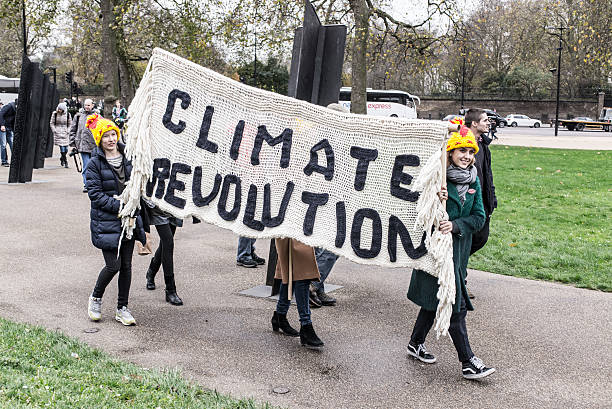The full range of carbon emissions will be included in new global corporate sustainability disclosures. Although there are certain “relief provisions” on the table concerning measuring greenhouse gas release from a company’s suppliers.
The International Sustainability Standards Board (ISSB) stated that they have made “significant progress” in refining its draft standards. Now they are available for public comment.
EU and US are for stricter control of carbon emissions
Countries such as the United Kingdom are expected to use the ISSB standards. Though the European Union and the United States are developing their own climate-related company disclosures. It is so because regulators seek stricter reporting to combat ‘greenwashing.’
According to the ISSB, its board unanimously voted to require company disclosures on Scope 1, 2, and 3 greenhouse gas emissions. But there are relief provisions for Scope 3.
The decision is still unknown
The ISSB said in a statement on Friday that this relief option will have to wait for a decision at a future meeting. Also, it may include giving businesses more time to provide Scope 3 disclosures and working with jurisdictions on so-called “safe harbor” provisions.
Scope 1 refers to the company’s direct emissions, Scope 2 to indirect emissions from purchased energy, and Scope 3 to all other indirect emissions. Indirect emissions include the ones resulting from the usage of their final products.
The latter has been highly controversial. It is because companies bring up insufficient data as an excuse not to make accurate reporting. Critics argue that Scope 3 captures the majority of emissions for many businesses and must remain in the rules.
The Securities and Exchange Commission has yet to finalize its climate disclosure rulebook in the United States.
While initially intended to cover Scopes 1, 2, and 3, business associations for leading U.S.-listed companies have pushed back. Thus, the final rules still remain unknown.
Closer coordination for unified rules on carbon emissions
Global corporations are also concerned that without closer coordination, a patchwork of official standards will emerge, increasing costs and confusing investors.
Last week, the G20’s Financial Stability Board urged standard setters to ensure “interoperability” among their standards and prevent “hardwiring” differences.
According to the ISSB, several topics were a priority. It is because of the need to “facilitate the ongoing dialogue with jurisdictions… such as the EU to ensure the ISSB’s global baseline of sustainability disclosures is interoperable.”
The ISSB stated that its goal is to complete proceedings on the proposed Standards by the end of 2022. Their objective is to issue the final Standards as soon as possible in 2023.

